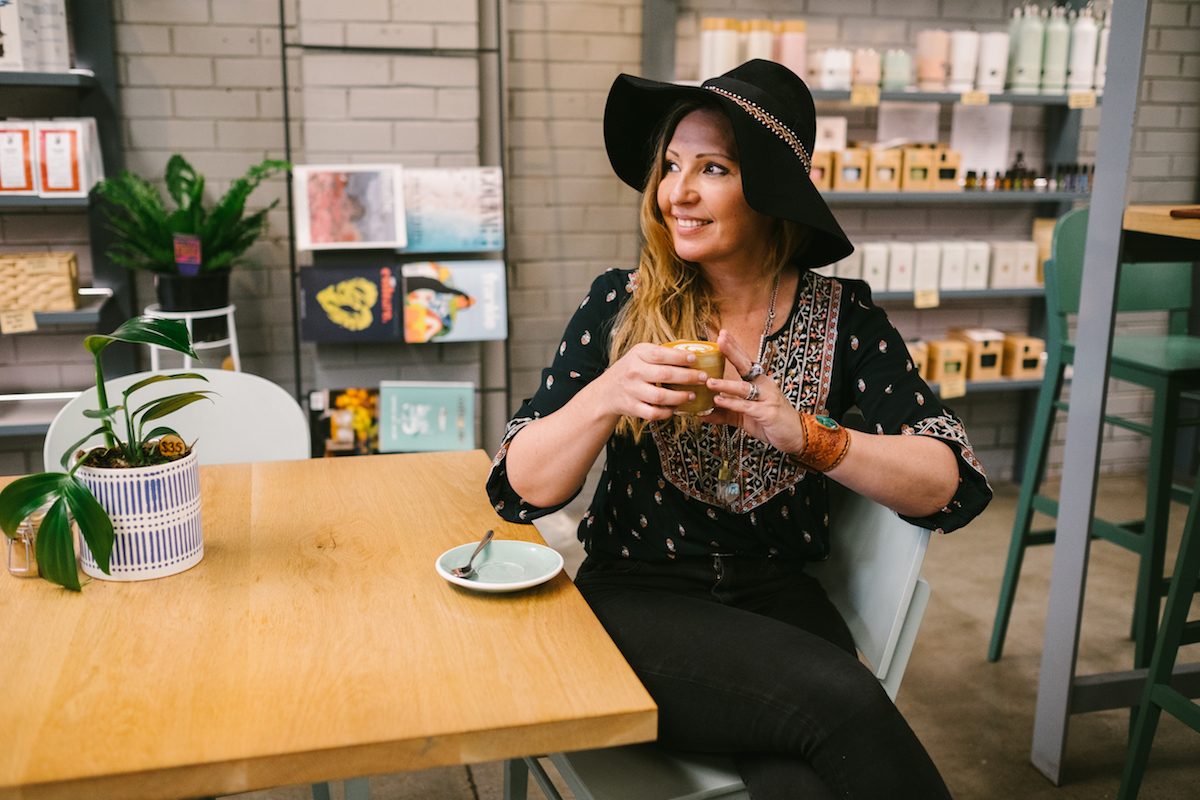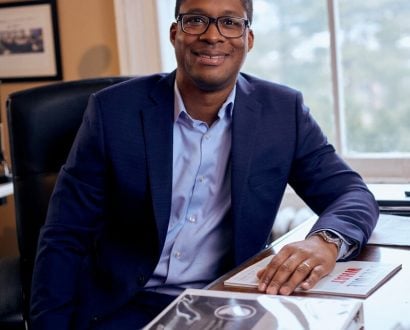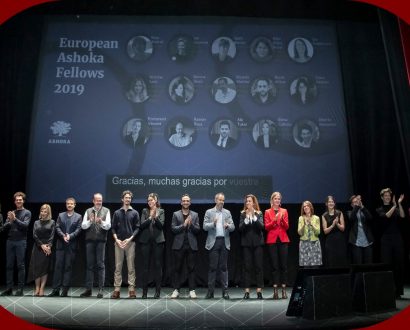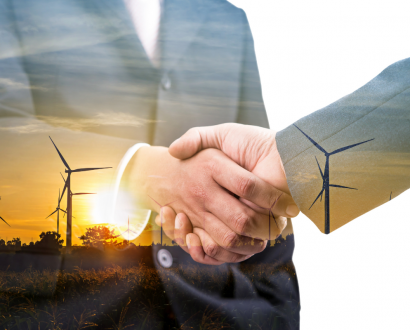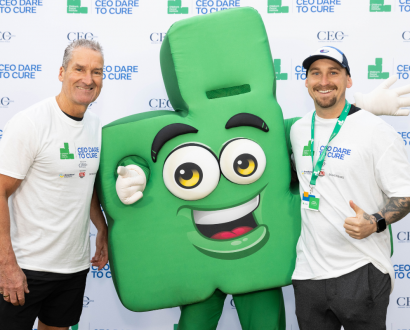A self-described “Byron Bay hippie”, Simone Dowding has travelled the globe with a keen interest in world cultures. She speaks to me from the airport, about to embark on a trip to the Amazon.
From living with the Dalai Lama to working with refugees in the Indian Himalayas, Simone has no reserve when it comes to adventure and helping communities thrive.
“I love getting in with other cultures,” she says. “I’m always interested in developing countries, to see what’s going on and how we can help.”
Simone leads World Vision’s first business for global impact, Change Coffee. “This is a multi-impact business,” she says.
“We buy Fairtrade coffee from local plantations where women are growers, and 2% of our sales go back into those communities. The rest of the profits go into the economic empowerment of women worldwide through World Vision’s work.”
Before she became Head of Social Enterprise for World Vision, Simone was the Founder and CEO of a national coffee-roasting company, The Blessed Bean, consisting of a number of cafes and about 50 staff.
Simone says the stars aligned when this opportunity opened up at World Vision. “When I discovered that all the proceeds go towards the economic empowerment of women globally and that they needed someone to start a coffee company, I thought all of my Christmases had come at once!”
UN Women says economic empowerment of women leads to economic growth, poverty eradication and gender equality. Change Coffee has seen the impact of empowerment firsthand.
“We’ve supported one woman in Cambodia who lost her husband to suicide,” Simone says. “We helped her set up a cake-making business, and now she can financially support her two children.”
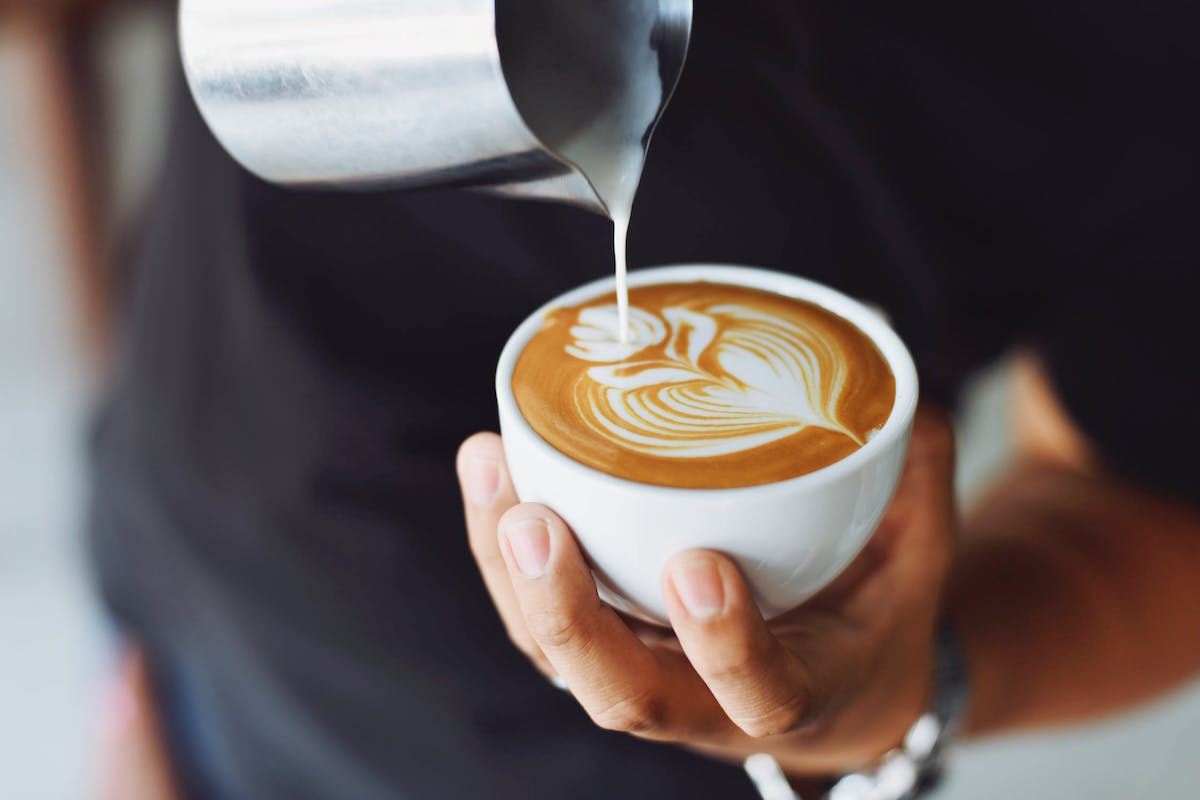
Capitalism for the greater good
With 75% of Australians enjoying at least one cup of coffee a day, the popular beverage may be one of the easiest ways we can contribute to global change. “If you look at it through a sustainable lens, we believe that businesses all around the planet can help us solve these problems,” Simone says.
“If you look at it through a sustainable lens, we believe that businesses all around the planet can help us solve these problems.”
“Every little bit counts and businesses are often causing the problem. We want to encourage people to start doing good: think about humanity and think about the environment.”
The project is an innovative one: Change Coffee doesn’t rely on donations through business. It’s an alternative commercial revenue stream, designed to be sustainable and create more impact for the communities that World Vision is serving.
“When we started two years ago, we would sit with the strategy and innovation team, and it was the first time they had entered into a business model,” Simone recalls.
“It’s exciting to think that a charity is doing this. It isn’t set up only to help those in poverty. We have a multimillion-dollar problem, and solving the world’s problems through this business isn’t going to make a fortune for World Vision. It’s about encouraging other businesses to take on this model.”
Real progress comes from people being made aware of the products they are using and from where they originate. “We do believe we can change the world,” Simone explains. “We can create a circular economy; we just need to start thinking about how we can do good through the products we’re using and about the impact we’re having on the world.”
Take a chance, make a change
Instead of World Vision employees running cafes for change, Simone and her team decided they wanted to empower other people to start them.
For example, all a cafe needs to do is swap out their usual coffee from a full-profit product to Change Coffee’s not-for-profit product. “By simply changing a product, we’re impacting the world,” Simone assures. “That’s why we think big cafes can change. We want them to become places that are thinking sustainably and encouraging their consumers to buy responsibly.”
“By simply changing a product, we’re impacting the world.”
Simone references ‘Nielsen’s Global Corporate Sustainability Report’ that shows how millennials, in particular, are willing to spend more money on a sustainable product. “They’re choosing products that are doing good, that are serving the world,” she says.
“People are more aware of their impact, and buying consciously helps this rising movement towards a sustainable planet.
“We believe this fits within our CSR and our purpose, which is built around the Modern Slavery Act. I’ve been in the plantations, and I’ve seen extreme poverty and slave labour. That’s why we partner with Fairtrade.”
The Modern Slavery Act was formed as more people began to realise where their products came from and the conditions around those who made them. Simone is confident that corporations would benefit from being sustainable and working with Fairtrade.
“I encourage small businesses to understand this way of operating,” Simone says. “Companies are getting a huge market share from this way of doing business. It’s a competitive advantage because it’s so different from other products. It is the way of the future.
“We don’t have infinite resources and if you don’t have a thriving people and economy, you have no business. It’s time to stand up and take responsibility. I feel that it’s up to us. I’m encouraging every single person to get involved in it because I believe we can make a change in the world.”

